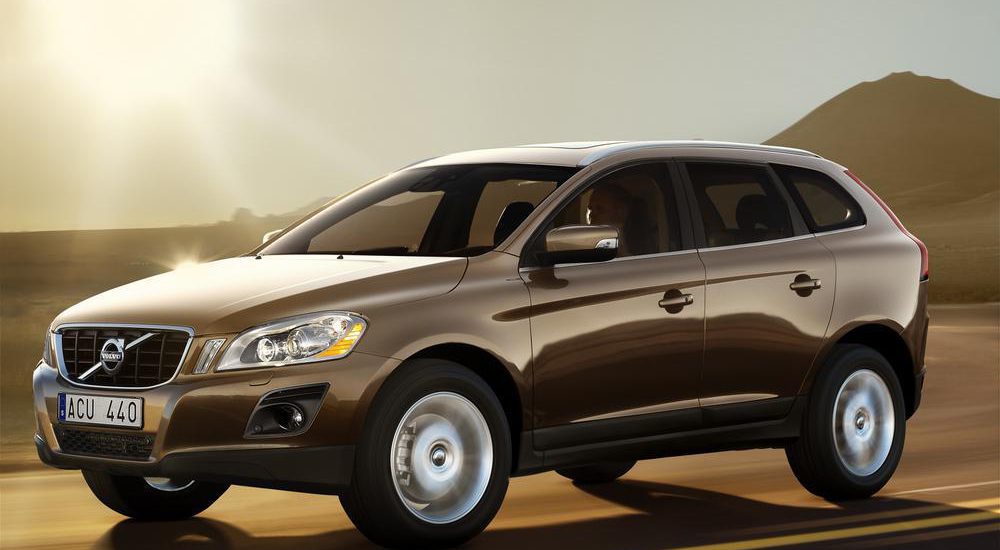Witness Lucid Motors’ electrical car accelerate to a brain-melting two hundred thirty five mph
I’m on record as being a fan of the California electrified vehicle startup Lucid Motors and its forthcoming very first production model, the Air. I railed in the engineering prototype at CES earlier this year, and liked the alpha prototype’s fully reclining back seat during the Fresh York Auto Showcase a few months later. But we still have a long wait until the very first model comes out in 2019, so Lucid will need to go that extra yard to keep us interested. That’s most likely what motivated them to release a movie of the Air driving at a speed that borders on offensive.
Back in March, Peter Rawlinson, Lucid’s chief technology officer, told me the Air recently hit one hundred sixty mph on the test track, and that he expected to get that up to two hundred mph fairly soon. They achieved that feat in April, hitting two hundred seventeen mph — a milestone that soon became moot after removing the vehicle’s speed-limiting software and taking it for a breezy summer drive at two hundred thirty five mph earlier this month.
How does this compare to the Tesla Model S P100D, which has already earned the reputation as the quickest EV on the market with an epic 0–60 mph sprint in Two.9 seconds? Hard to say, since there doesn’t seem to be much information out there about Tesla’s top speed without its speed-limiting software that keeps it to one hundred fifty five mph. In fact, most luxury automakers limit their high-performing models to the same speed, thanks to a “gentleman’s agreement” inbetween Mercedes-Benz, Audi, and BMW a number of years ago to reduce the number of fatalities on the Autobahn.
Lucid’s engineering prototype has an insane, 1,000-horsepower engine, but the very first production model will have a slightly more modest four hundred horsepower. It will cost $60,000 and have two hundred forty miles of electric-powered range. Lucid also expects to sell more expensive 315- and 400-mile range versions.
Lucid goes into a lot of the planning that went into its speed test in its blog post, which includes this boastful promise: “While it may be the top speed achievable on that day, with those conditions, and at this stage of development for the Alpha Speed Car, it is not the final production top speed for the Lucid Air.”
There is an obsession among electrical car manufacturers with horsepower and how many seconds it takes to achieve the fabled 0–60 mph. (Jalopnik had a good chunk on this recently.) Tesla, Faraday Future, and Lucid Motors are all guilty of engaging in this rather pointless contest. My theory is that it speaks to an insecurity among EV makers about whether their cars can stand up to the muscle cars and Ford F150s that have squatted in the frontal cortex of the American car buyer for decades. They worry whether their EVs are too quiet, too sustainable, and too (ugh) green to appeal to these consumers. This leads to an over-emphasis on spectacle, which is fine, but I gravely wonder how significant this is to most potential buyers.
That said, for evidence that there’s an audience for electrical cars being driven truly, truly swift, look no further than the Formula E racing series, which is coming to Brooklyn this weekend. And who’s supplying the battery packs for seasons five and 6? Why, none other than Lucid Motors. The company is promising that Lucid’s battery will last twice as long as the current battery, and run for the entirety of the Formula E race.
